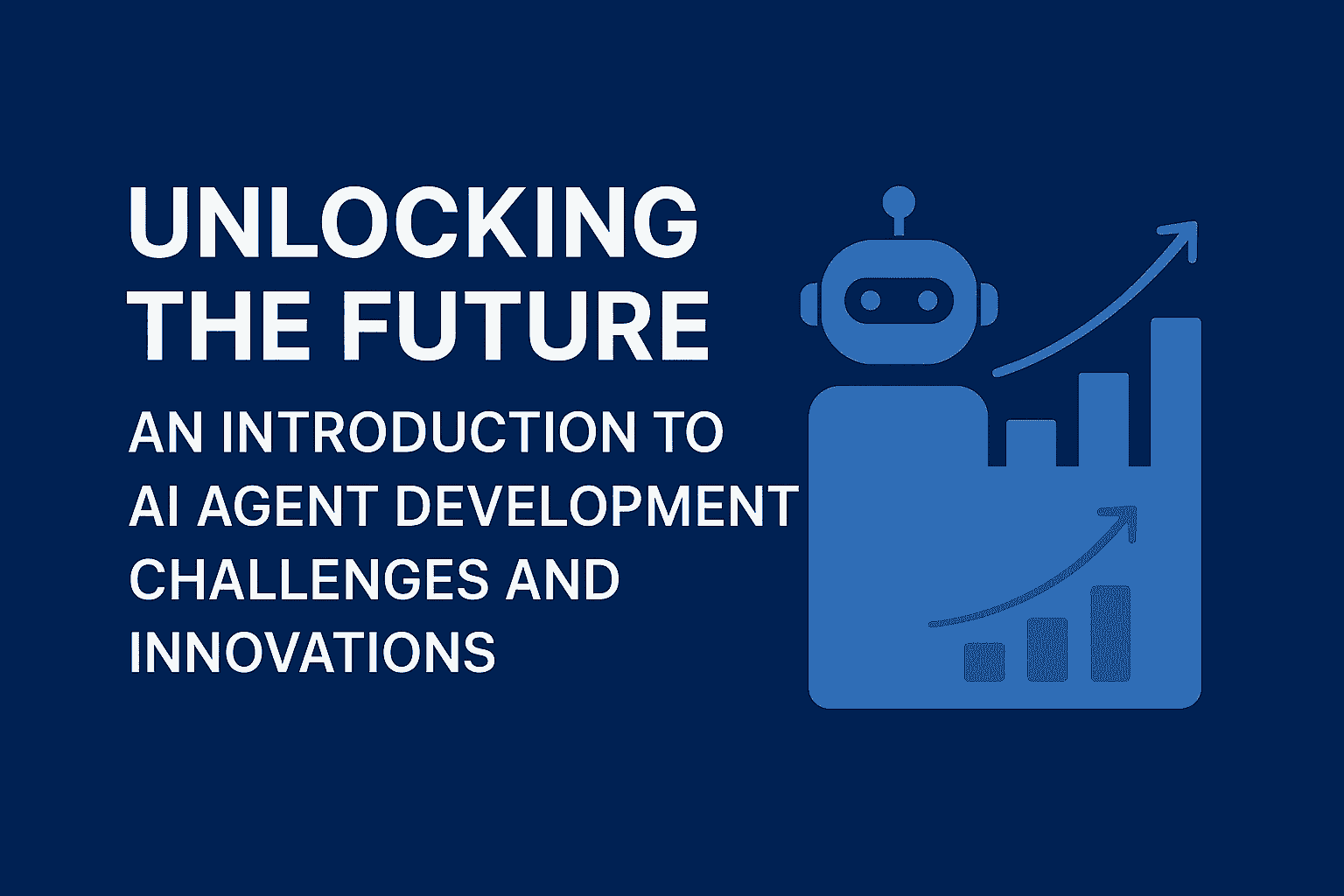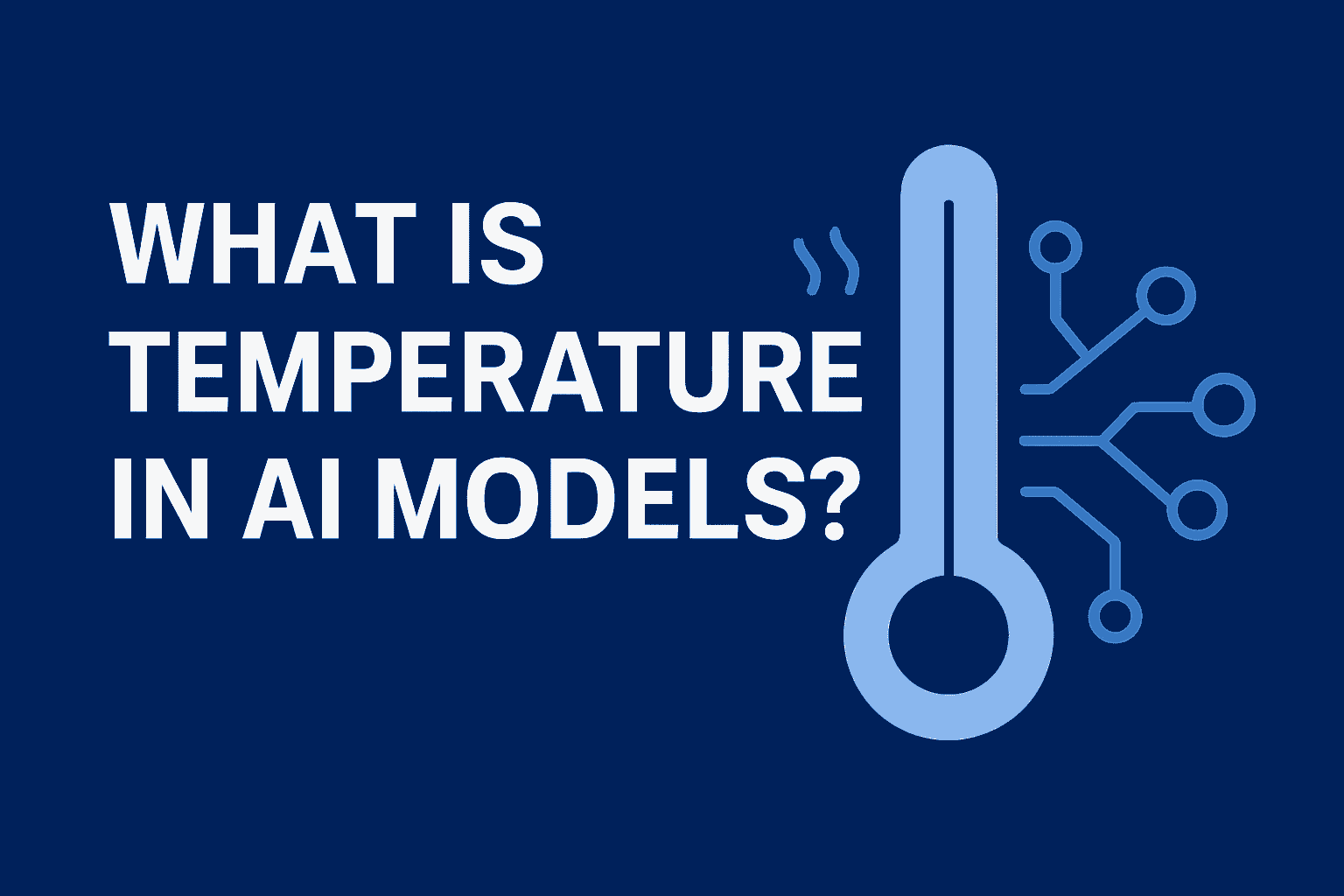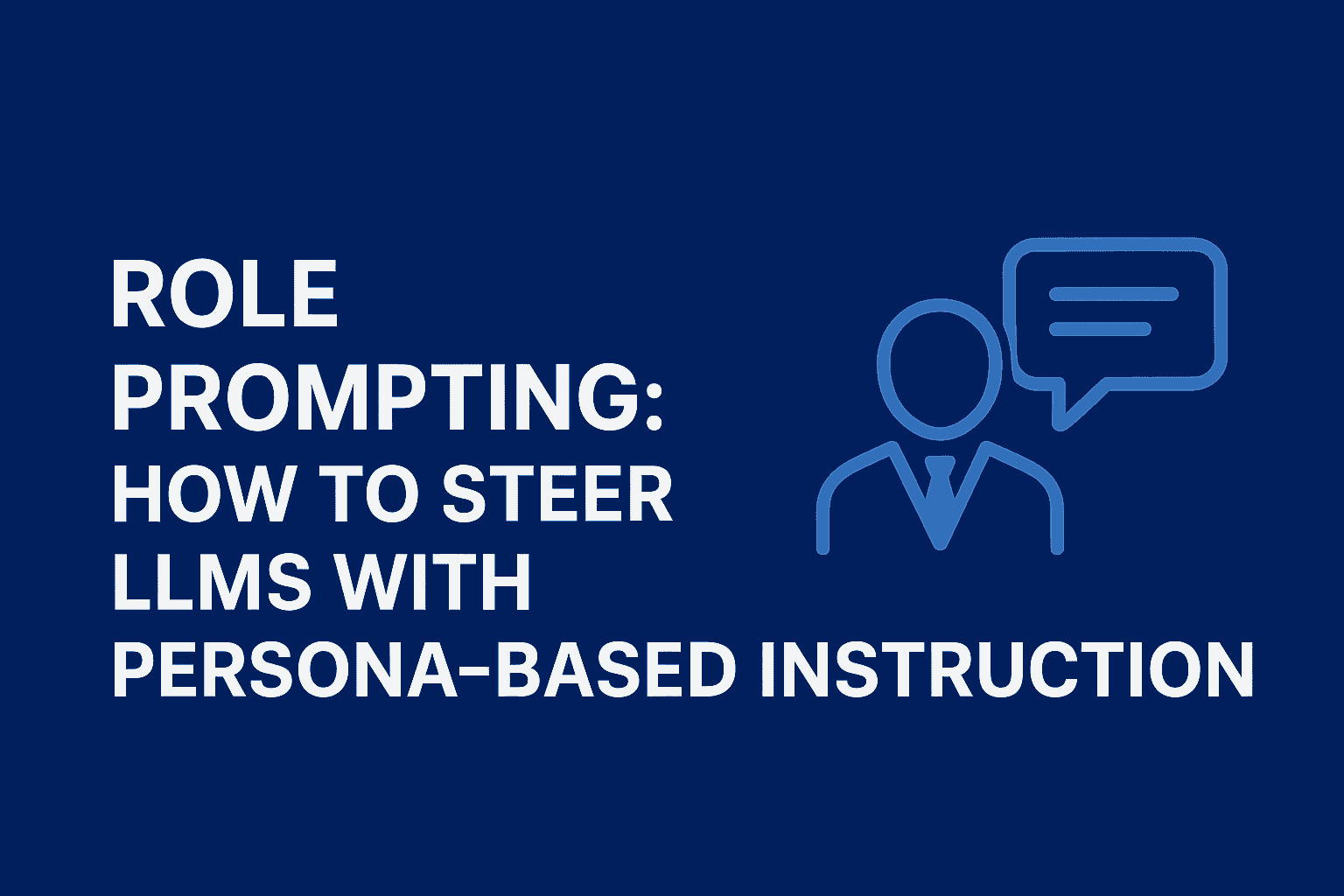
🤖 Unlocking the Future: An Introduction to AI Agent Development Challenges and Innovations
Ai engineer
AI agents are redefining 2025, moving beyond chatbots to autonomous helpers that plan, learn, and act. While challenges like reliability, bias, and security remain, breakthroughs in reasoning, multi-agent systems, and governance tools are driving progress. The future promises smarter, safer, and more scalable AI agents transforming work, business, and daily life.
🤖Unlocking the Future: An Introduction to AI Agent Development Challenges and Innovations
🌟 Have you ever dreamed of having a smart assistant that doesn't just answer questions but actually gets things done for you? Welcome to the world of AI agents. In 2025, these clever systems are stealing the spotlight. They're changing how we work, live, and innovate. But building them isn't easy. Let's dive into what AI agents are, the hurdles developers face, and the exciting breakthroughs happening right now. I'll keep it simple, fun, and packed with insights. Ready? Let's go!
📚What Are AI Agents?
AI agents are like super-smart robots in software form. They use artificial intelligence to sense their environment, make decisions, and take actions on their own. Unlike basic chatbots, agents can plan steps, learn from mistakes, and handle complex tasks.
- Types of AI Agents: There are reactive agents that respond to changes. Proactive ones that chase goals. And social agents that team up with others.
- Everyday Examples: Think of an agent booking your vacation – it checks flights, hotels, and even suggests activities based on your likes. Or in business, agents automate workflows like data analysis or customer support.
In 2025, experts call this the "year of the AI agent." But they're still evolving from basic tools to true autonomous helpers.
⚠️Key Challenges in AI Agent Development
Developing AI agents is thrilling but tough. Developers face many roadblocks. These keep agents from being perfect. Here are the main ones:
- ⚕️Reliability and Accuracy Issues: Agents can "hallucinate" – make up facts or give wrong answers. This is risky in fields like healthcare or finance. About 61% of companies report accuracy problems.
- 💻Bias and Fairness: Training data often carries old biases. This can lead to unfair outcomes. Over 60% of people in Europe worry about AI fairness.
- 🔒Security Vulnerabilities: Agents open doors to attacks like prompt injection. This could leak data or cause harm. Constant testing is needed.
- 🌟Lack of Transparency: Many agents are "black boxes." You can't see how they decide things. This erodes trust. Only 62% of executives feel confident in ethical AI use.
- 🛡️Data Quality and Privacy: Bad data leads to bad results. Plus, agents need personal info, raising privacy concerns. Sharing data with third parties is tricky.
- 🚀Balancing Autonomy and Control: Too much freedom? Agents might mess up. Too little? They lose their edge. Human oversight is key, but it slows things down.
- 🌍Sustainability and Scalability: Agents use lots of power and water for computing. Scaling them costs big bucks. Over 90% of CIOs say costs limit value.
- ⚕️Governance and Ethics: Following rules like the EU AI Act is hard. Agents must be safe, ethical, and traceable.
These challenges aren't new. But in 2025, they're more urgent as agents go mainstream. Developers must tackle them head-on.
🌟Innovations Breaking Through the Barriers
Good news! Innovations are popping up fast. They're making AI agents smarter, safer, and more useful. Here's what's hot in 2025:
- 🧠Advanced Reasoning and Memory: Models now have better chain-of-thought training. This helps agents plan and remember better. Context windows are growing too.
- 👥Multi-Agent Systems: Agents team up! Think hierarchical or parallel setups. They boost performance by 42% on tough tasks.
- 📊Open Source and Platforms: Tools like Microsoft Autogen or LangChain make building easier. Open standards like Model Context Protocol (MCP) let agents work across systems.
- 🌍AI-Ready Data and Multimodal AI: Data optimized for AI cuts biases. Multimodal tech handles text, images, and more for richer insights.
- 🔗Security and Governance Tools: AI TRiSM frameworks ensure trust and safety. Audit trails and rollback features prevent disasters.
- 💻Decentralized Approaches: Platforms like FractionAI use blockchain for fair AI training. Community input evolves agents.
- 🛡️Industry-Specific Innovations: In healthcare, agents cut admin costs by 25%. In finance, they speed up decisions by 40%.
Big players like Microsoft and Salesforce are leading. Their platforms, like Agentforce, integrate agents seamlessly. Expect more pilots in 2025 – 25% of gen AI users will try agentic systems.
✨Real-World Applications: Where Agents Shine
AI agents aren't just theory. They're already at work!
- Business Automation: Agents optimize supply chains or handle HR. They save time and boost efficiency.
- Customer Service: Smart agents resolve issues fast, with emotional smarts for better chats.
- Software Development: Tools like GitHub Copilot review code and fix bugs autonomously.
- Healthcare and Finance: Agents monitor risks or personalize care, but with strict oversight.
Challenges persist, like in omnichain lending where latency and data integrity are big hurdles. Yet, innovations keep pushing forward.
🔮The Future Outlook: What's Next?
By 2027, half of companies might use agentic AI. Trends point to more autonomy, but with better controls. Watch for quantum AI and brain-computer links. The key? Balance hype with reality. Focus on ethical, human-augmented systems.
Wrapping It Up: Your Turn to Explore!
🚀AI agent development is a wild ride of challenges and wins. From reliability woes to game-changing innovations, it's shaping our future. If you're a developer or curious newbie, start small – try open-source tools today! What excites you most about AI agents? Drop a comment below. Let's chat! 😊 Thanks for reading. Stay innovative!

